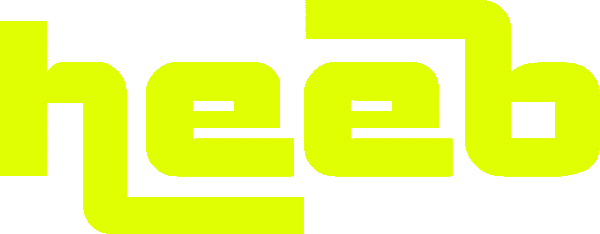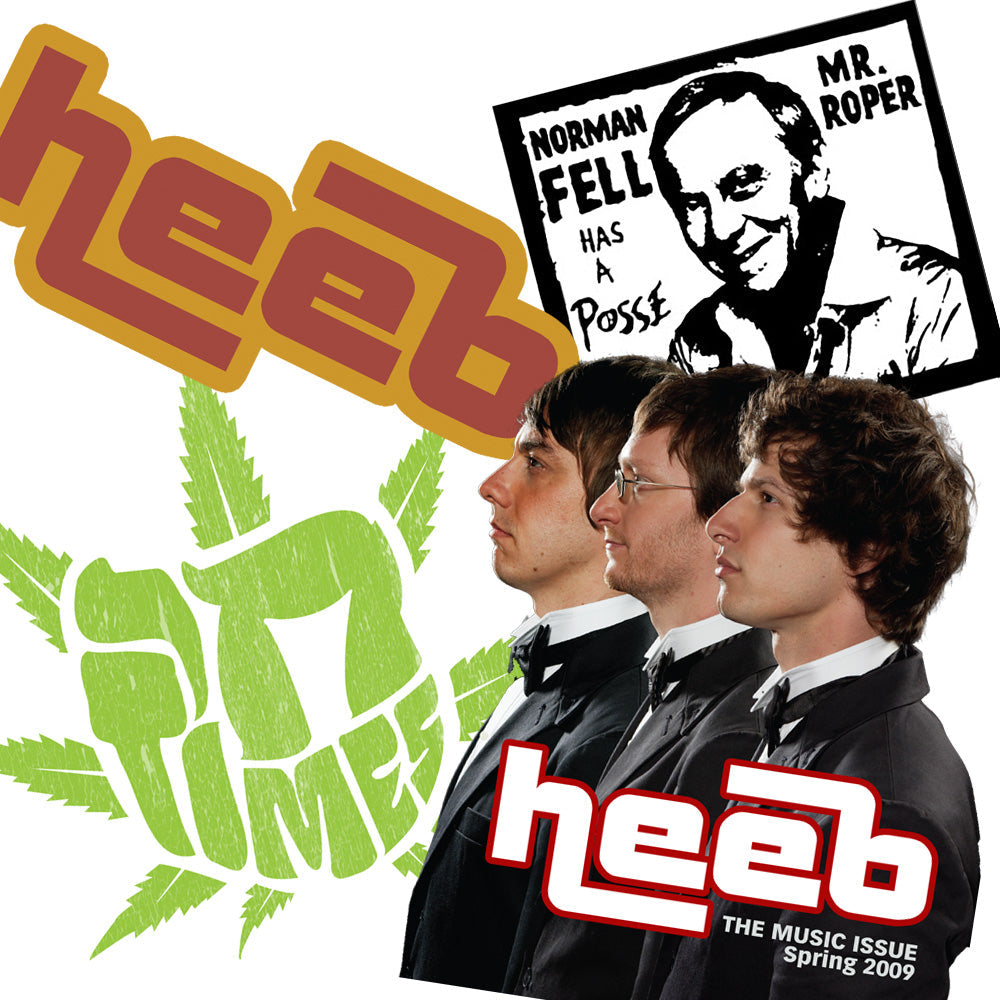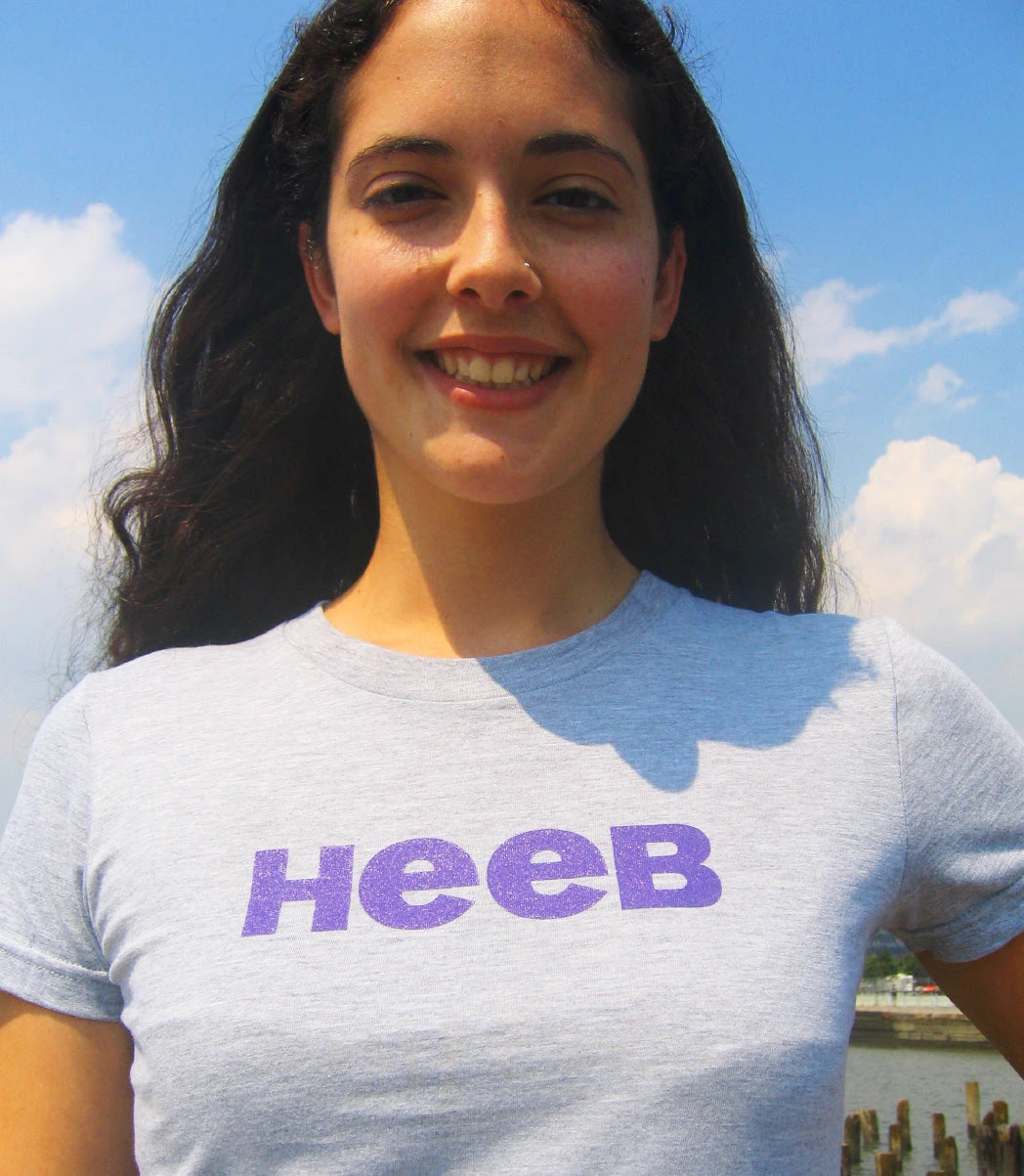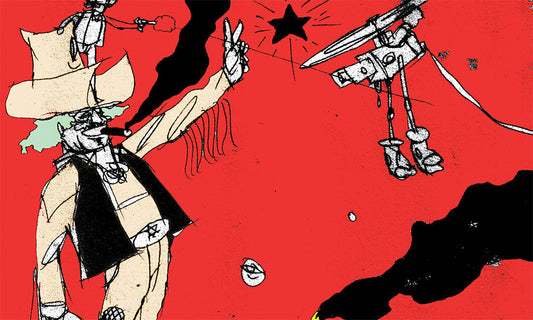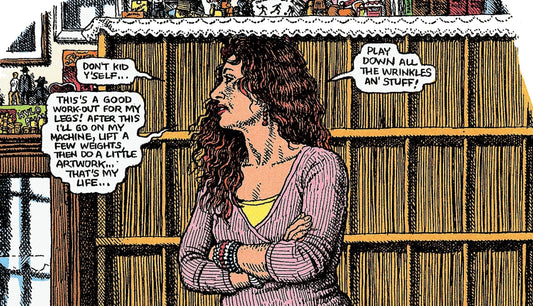BY NILJA SAID
This article was originally published in HEEB #7, Fall/Winter 2004
Most people who met me before 9/11 initially thought I was a Jew. I have dark hair and live on the Upper West Side of Manhattan in a railroad apartment filled with books written by lefty intellectuals. I’ve kissed more Jewish boys than gentiles (all of whom made some comment about making peace in the Middle East through our actions).
With my multiple neuroses, I’ve been called “a real-life Woody Allen character” more times than I’d care to mention. And yet my father is Edward Said, the most famous Palestinian-American that ever was.
My father’s book Orientalism came out in 1978, when I was 4 years old. It presented the idea that the fantastical, romanticized concept of “the Orient” (both the near and far East) as viewed through the art and literature of Europe, was, to put it simply, a fabrication of Western artists and writers who had never actually left their native countries. A literary scholar and professor at Columbia, my dad also wrote books about the Palestinian question and, ultimately, with his scholarly analytic mind and the suave command of the English language, became one of the people you would always see on TV being interviewed about what was going on in the Middle East. In contrast to my outspoken father, I have always been intensely shy and quiet and never felt proud or drawn to my roots — possibly because I was deeply confused about who I was.
But then, on that September day just three years ago, “Arab-American” became a popular epithet connoting terror, evil, darkness and fear. I decided to embrace the label, even in its ugliness, to take advantage of the spotlight it offered and, through art, to offer an alternative view of “my people.” Earlier that summer, I along with six others, had founded an Arab-American theater collective. Working side by side with Arab-Americans who’d had similar upbringings was thrilling and strangely therapeutic. Together, we sought to occupy and reinvent a new cultural space.
And then, this past fall, my father died of leukemia.
In the weeks following his passing, I came to realize that everything I’ve lived professionally was going to be viewed as the work of a Palestinian, but more frighteningly, as a statement on how I felt about Jews, Zionism, the right of return, etc. Requests for articles and appearances began to flood in as the idea of a second-generation Palestinian voice escalated. I tried to explain that I was not my father, that I was a dramatist, not a spokesman for Palestinians. Before we had even buried my father’s ashes, I was in Maine, rehearsing for a multimedia performance. A few days before the opening of the show, the artists held a panel: We wanted to discuss the artistic process. We ended up having to defend why we called ourselves Palestinians. A rabbi who runs an interfaith center stood up and gave a 20-minute speech about the “mistakes” my father (two weeks gone) had made by “leaving out the Jews.” Then, a pair of Orthodox Jewish men chimed in. “Do you live your life to end up in Jerusalem?” they asked. “The point of being a Jew,” they assured me, is to be a Zionist and to live in Israel; therefore, Jews belong in Israel and I don’t.
Stunned and ultimately sobbing, I walked back to my hotel. I spent the night on the phone with my brother and mother, wondering how I was going to deal with these new pressures. Was I now going to have to be a “professional Arab”? Would everything I ever did be politicized? Can Arabs do anything in America that asserts their personal identity without someone forcing them to make a political statement?
Since then, when I’ve been interviewed about my theater company, I’ve been asked repeatedly, “Why don’t you work with Jews?” To which I have learned to reply politely that we want to find our voice in the Arab community before we branch out. What I want to do is yell: Is possible to let Arab culture exist by itself, or do we always have to be seen in light of the Arab-Israeli conflict? Why don’t we have Chinese people in our theater company? Why don’t you ask me that?!
I am not quite sure where to go from here. So often I feel like a neurotic New York Jew. I find it the best part of my personality. I actually got it from my dad. I want it to remain part of me, but I’m not sure, now that I’ve become a proud Palestinian and have inherited a legacy, how I’m going to do that. I suppose writing in Heeb is a start.
